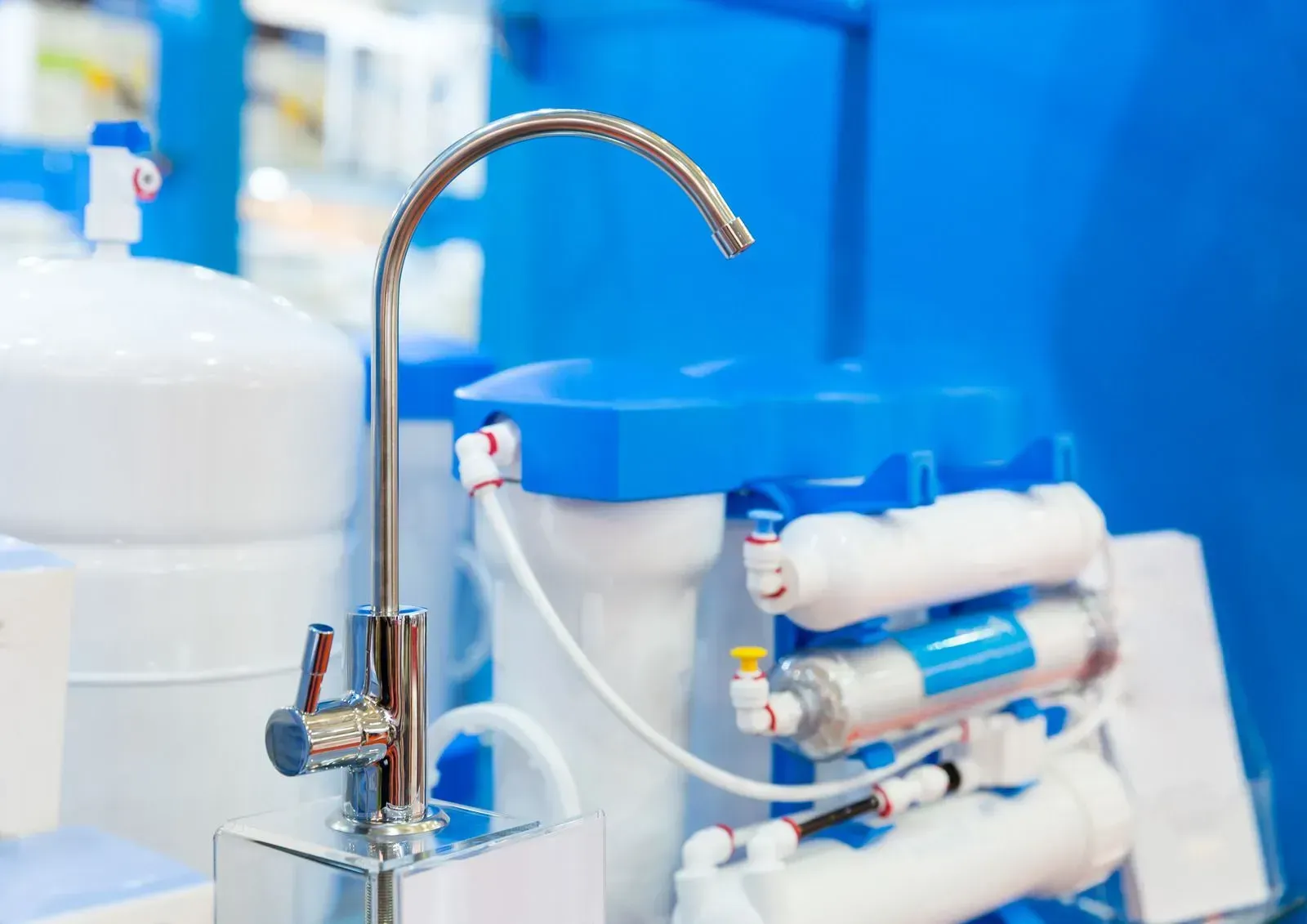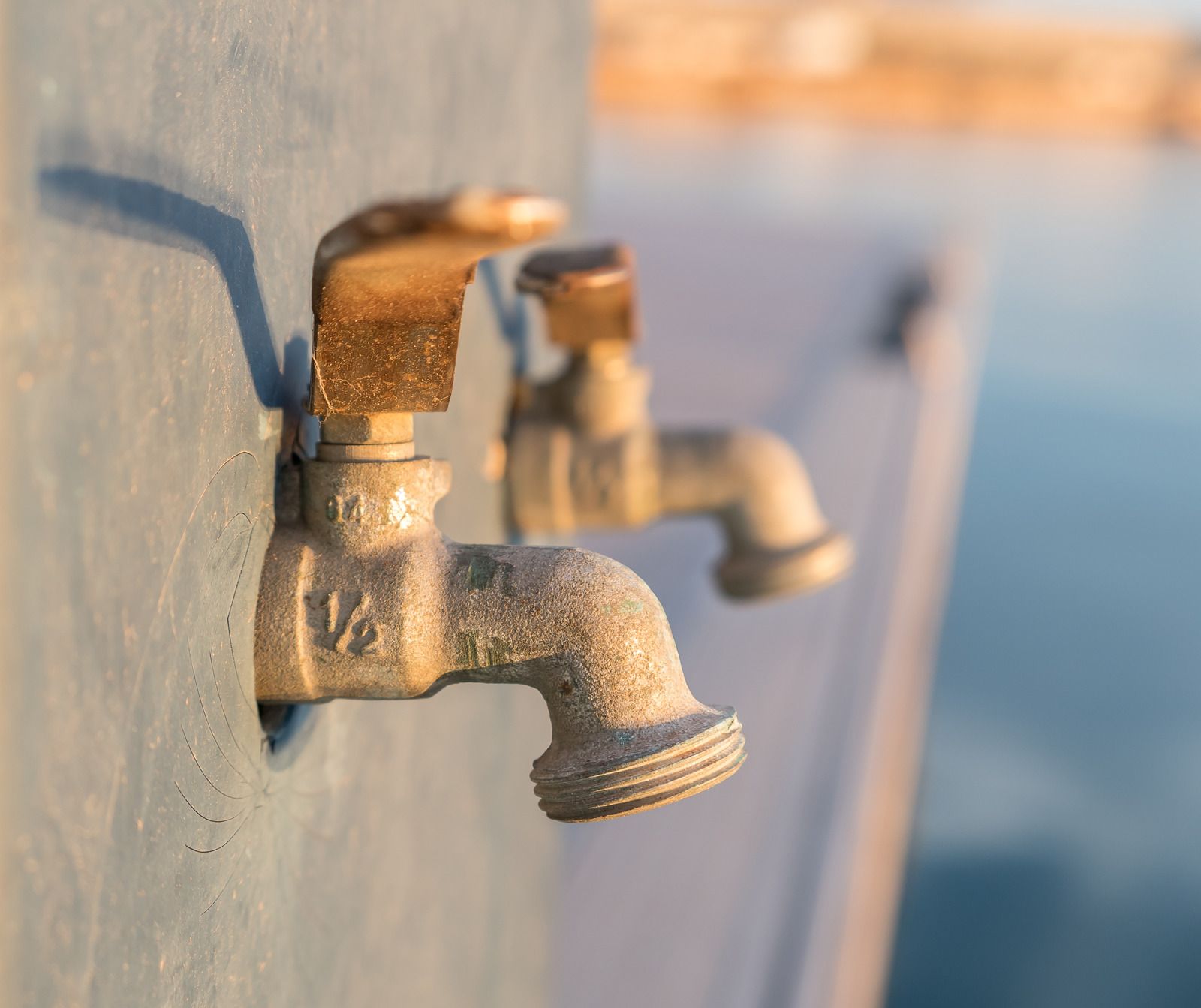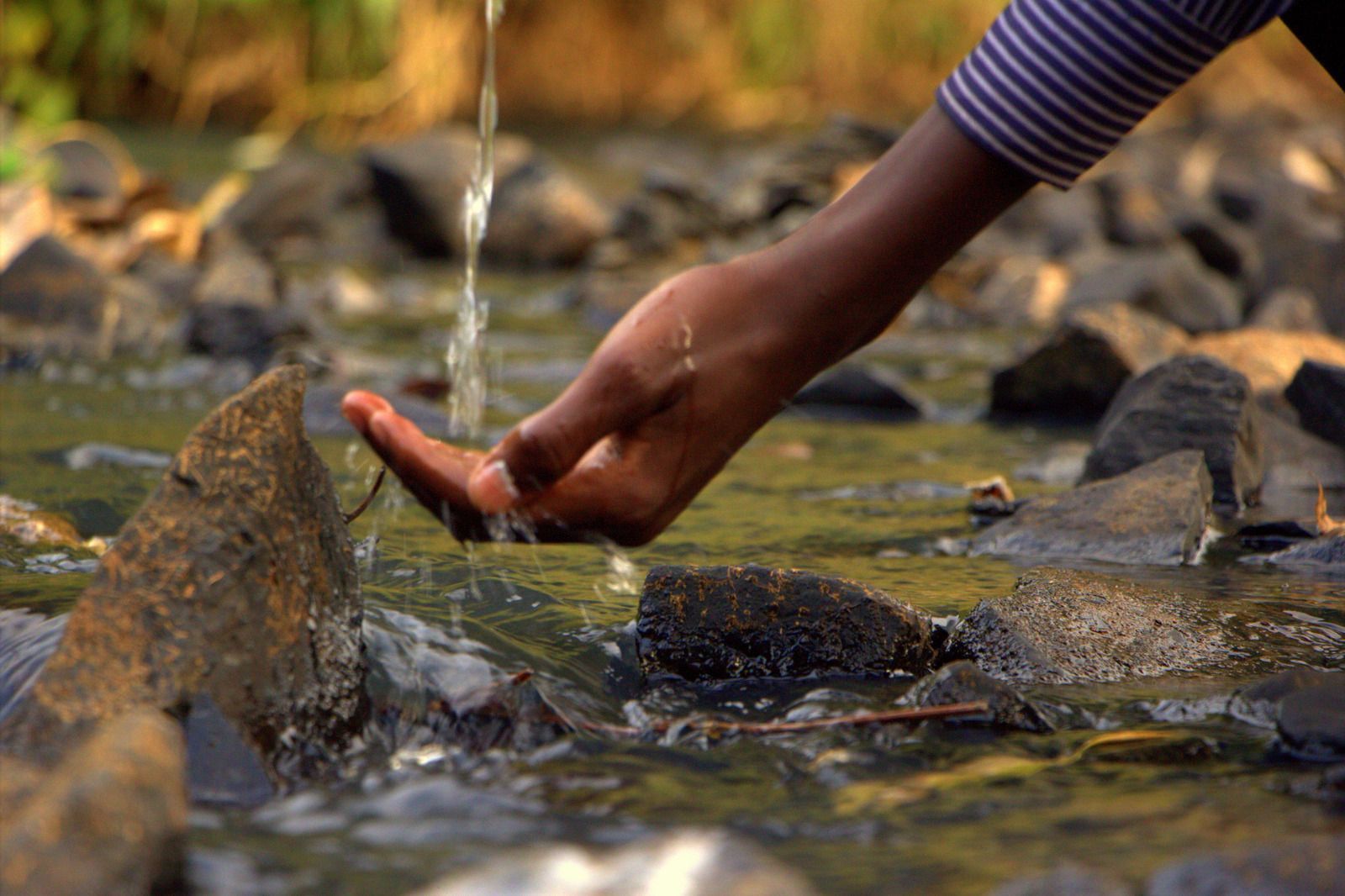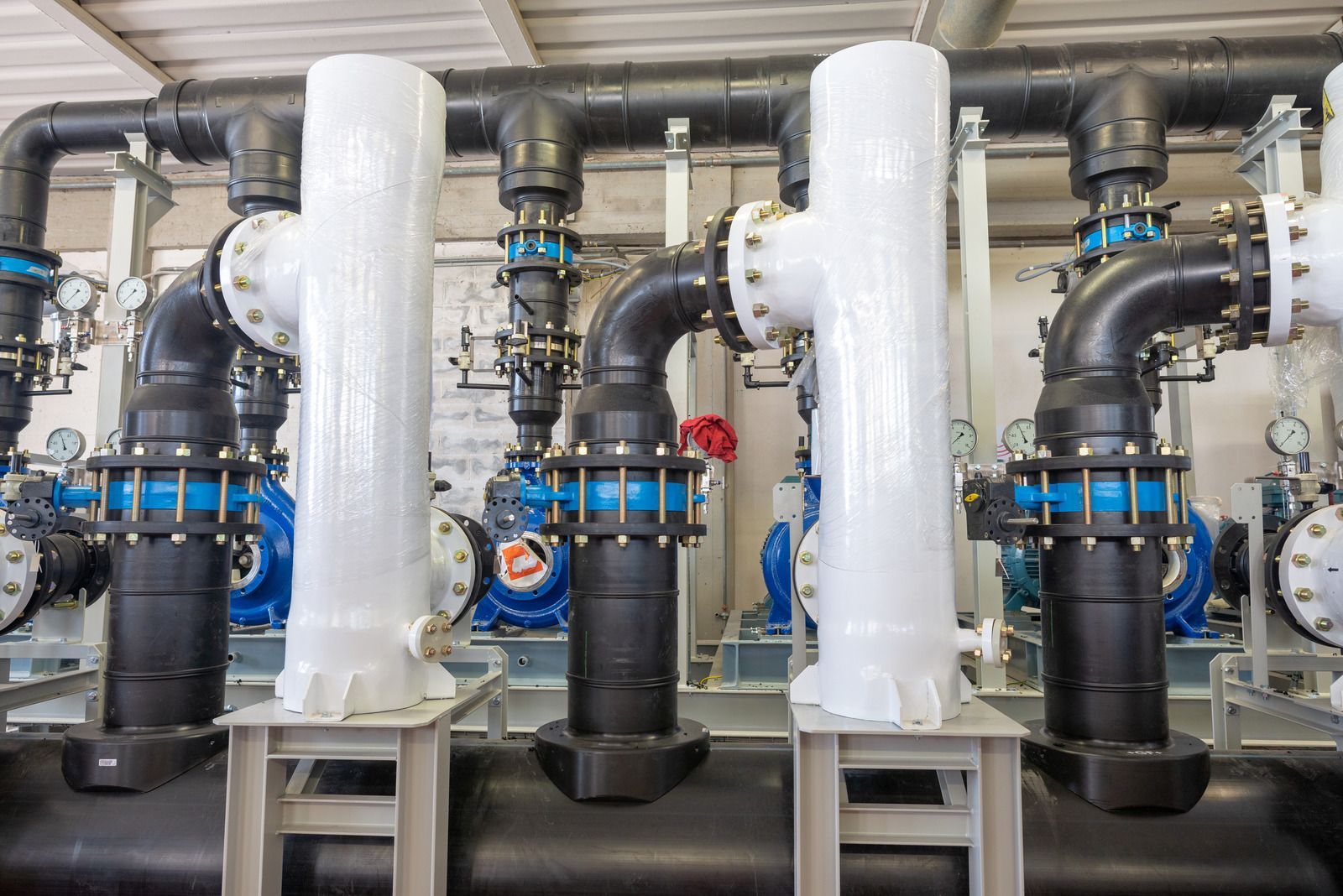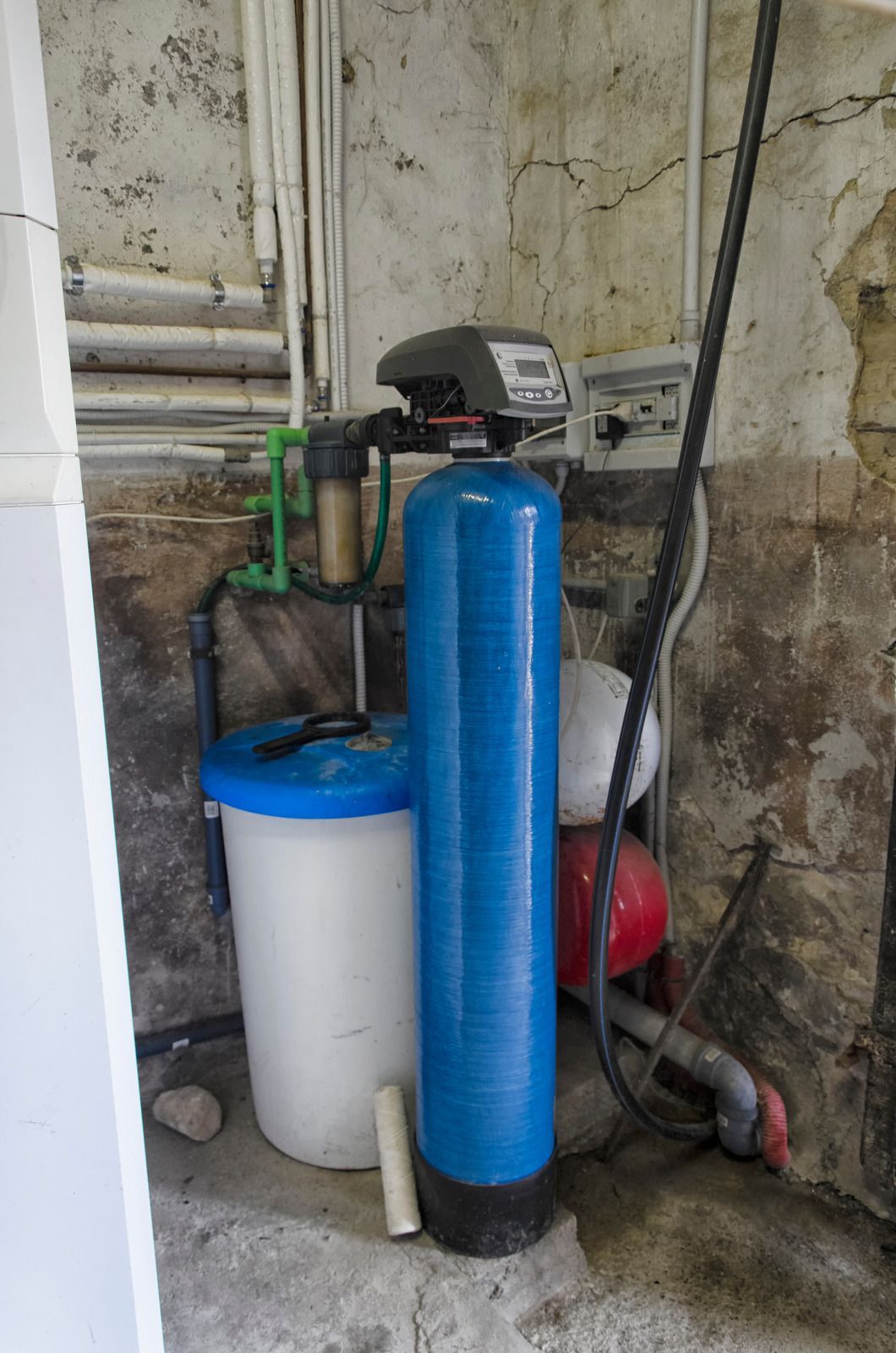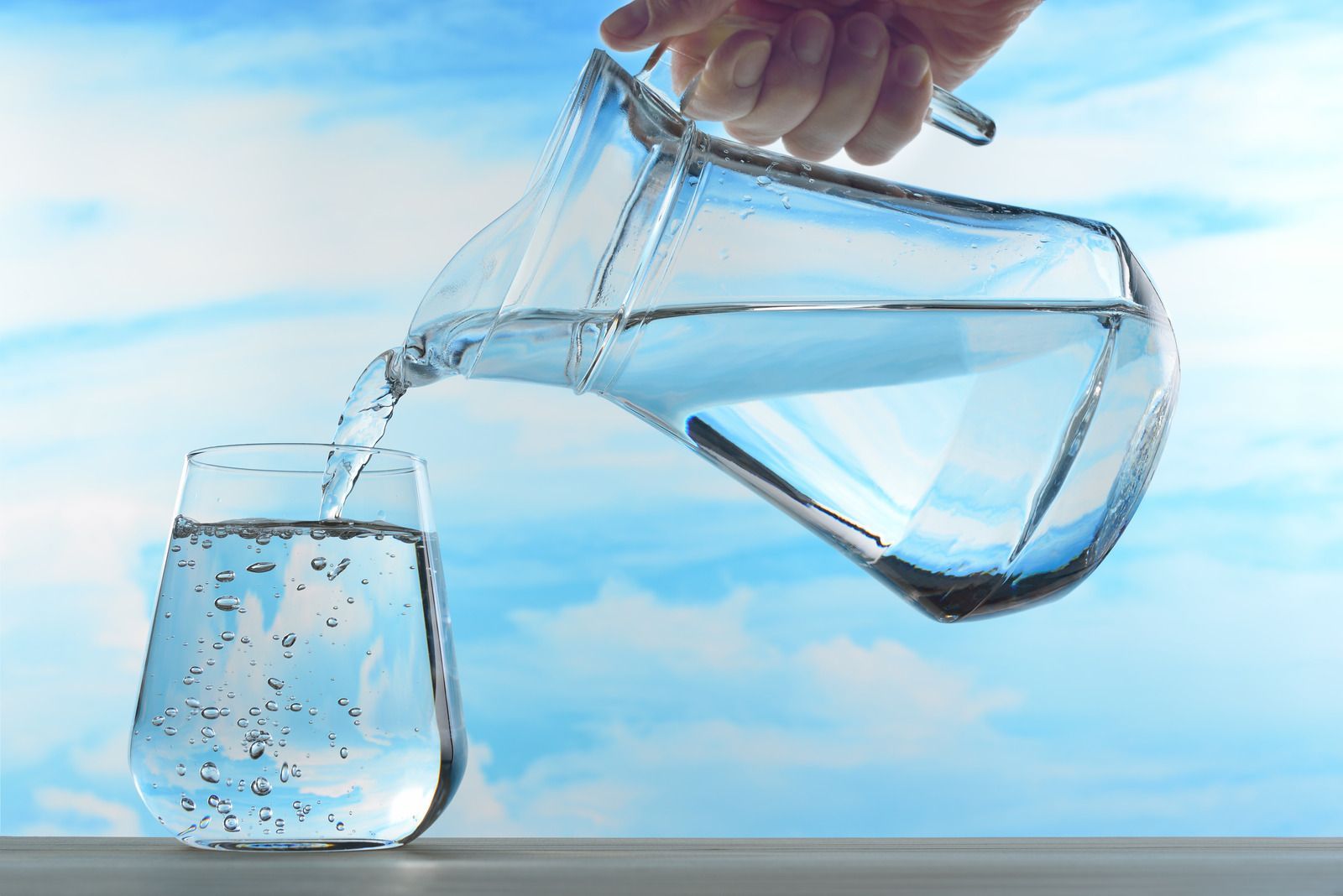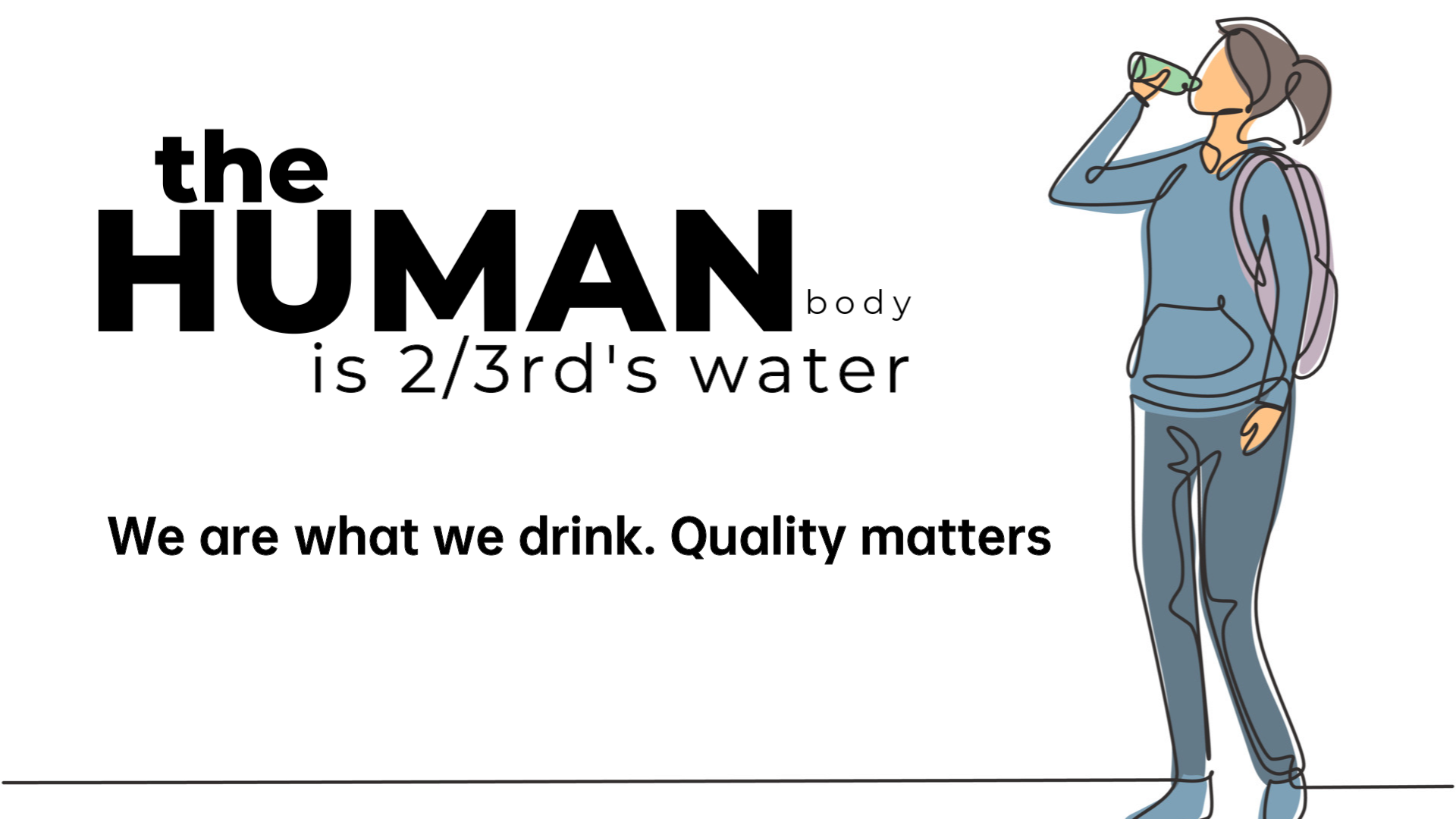The Importance of Water Treatment for Your Home
Clean water is an essential resource that plays a crucial role in maintaining a healthy and safe living environment in your home. While you may not always detect the presence of contaminants, they can pose significant risks to your family's well-being. In this article, we will explore the importance of clean water and how you can ensure its quality in your home.
Introduction
Clean water is not only necessary for staying hydrated but also for various household activities such as cooking, cleaning, and bathing. However, water from different sources may contain contaminants that can be harmful to your health. It is crucial to be aware of potential threats and take proactive measures to ensure the quality of the water you use.
The Significance of Clean Water
Every body organ and every body function requires clean healthy water to function properly. It is important to understand that water from various sources, including tap water, may contain chemicals, heavy metals, bacteria, or other pollutants. By ensuring the cleanliness of your water supply, you can safeguard your family against potential risks and enjoy numerous benefits.
Water Quality Assessment
To determine the quality of your water, it is recommended to conduct a comprehensive water quality assessment. Professional technicians can perform tests to measure the levels of different contaminants in your water supply. These assessments cover factors such as chlorine levels, hardness, pH balance, iron content, manganese, dissolved solids, nitrates, and nitrites. Understanding the results of these tests can help you make informed decisions about the necessary water treatment solutions.
Ensuring Safe Drinking Water
Safe drinking water is crucial for maintaining optimal health. Depending on the results of your water quality assessment, you may need to take specific actions to ensure the safety of your drinking water. Water treatment options such as filtration systems, water softeners, and reverse osmosis can help remove impurities and make your water safe to consume. These solutions can provide you with clean, refreshing drinking water that contributes to your overall health and well-being.
Solutions for Water Treatment
A variety of water treatment solutions are available to address various concerns related to water quality. Whether you need to soften hard water, remove harmful chemicals, or improve the taste and odor of your drinking water, there are options to suit your specific requirements and budget. Professional technicians can guide you through the selection process, helping you choose the right water treatment system that meets your needs and ensures a steady supply of healthy water throughout your home.
Clean water is a critical resource for your home that directly impacts your health and well-being. By prioritizing the quality of your water, you can learn how to protect your family from potential risks associated with contaminated water. A professional water quality assessment is the first step in implementing an appropriate water treatment solution, and ensuring safe drinking water to maintain a healthy and hygienic living environment.
FAQs
1. Why is clean water important for our health?
Clean water is essential for hydration and various household activities. It helps maintain optimal health and prevents the ingestion of harmful contaminants.
2. How can I determine the quality of my water?
You can assess the quality of your water by conducting a comprehensive water quality test performed by our professional technicians.
3. What are the common contaminants in water?
Common contaminants include chlorine, hardness minerals, pH imbalance, iron, manganese, TDS, nitrates, and nitrites.
4. How can I ensure safe drinking water in my home?
You can ensure safe drinking water by utilizing water treatment options such as filtration systems, water softeners, and reverse osmosis, based on the results of your water quality assessment.
5. Why is it important to address water contaminants?
Addressing water contaminants is crucial to protect your family's health and prevent potential risks associated with contaminated water.
